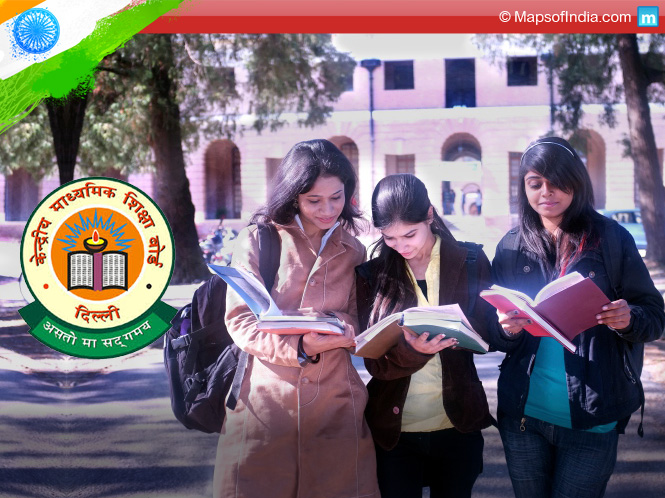Undoubtedly the syllabus taught in every Indian classroom is not according to the needs of the market. Though it would not be a wise call to change the entire syllabus and introduce new. But new practical and vocational courses can be added to the existing ones so that students can be prepared for the future right from the beginning.
Keeping this in mind, the Central Board of Secondary Education (CBSE) has introduced a range of vocational courses for class XI students with an objective to provide a career oriented courses. Students have the choice to opt for theatre, legal studies or gender studies as an elective course. Senior secondary students can also pick NCC, the unique Knowledge Traditions and Practices of India and human rights. Another pilot programme for middle school is also run by the board. It has been applied to 25 schools. Under this pilot programme, students opting for the vocational courses will be taught Chinese language.
Taking legal study as a vocational course in XI is beneficial for the students who want to go for a five-years integrated law course after secondary education. Theatre courses will add life and it will be offered on first come-first serve basis. The first batch will give its board exam in 2015.
Though the courses are basic but the demand for these vocational courses offered in various schools at Nagpur is rising. Centre Point Schools has seen a good feedback for creative writing and multimedia courses.
CBSE has not made vocational courses mandatory. Schools can opt any one or more vocational courses under National Vocational Education Qualification Framework (NVEQF).
It is a good move by the Central Board of Secondary Education because with the present system of education not every pass out gets admission in college and then job. Also the number of unemployed is rising in India.
Young boys and girls complete ten long years of study but some of them still remain unfit for higher studies and good job. Such kind of study creates a vacuum which is anti-social. It is directly linked to the crime rate and poverty. This undesirable situation can be handled by providing courses which are according to the needs of the market so that students can be prepared well in advance for their bright future.
Vocational courses will fill the gap between skill required and skill produce. To make vocalization a more practical option, employers and schools must communicate. Employer should chalk out the requirement which can be fulfilled by the schools. But in between counselors should also play their role actively. They should guide the students. Vocalization can work well a coordinated atmosphere rather than in isolation. CBSE is now heading towards a meaningful education. It should extend the concept of vocalization in every school.





